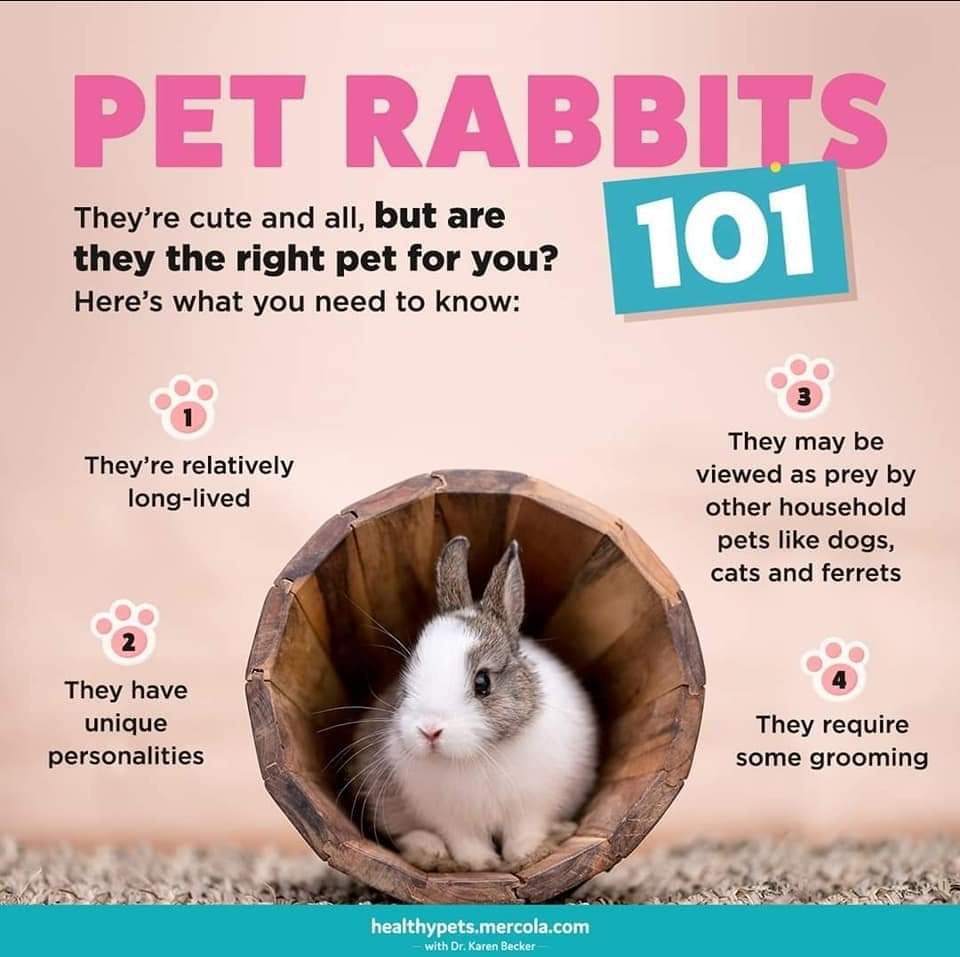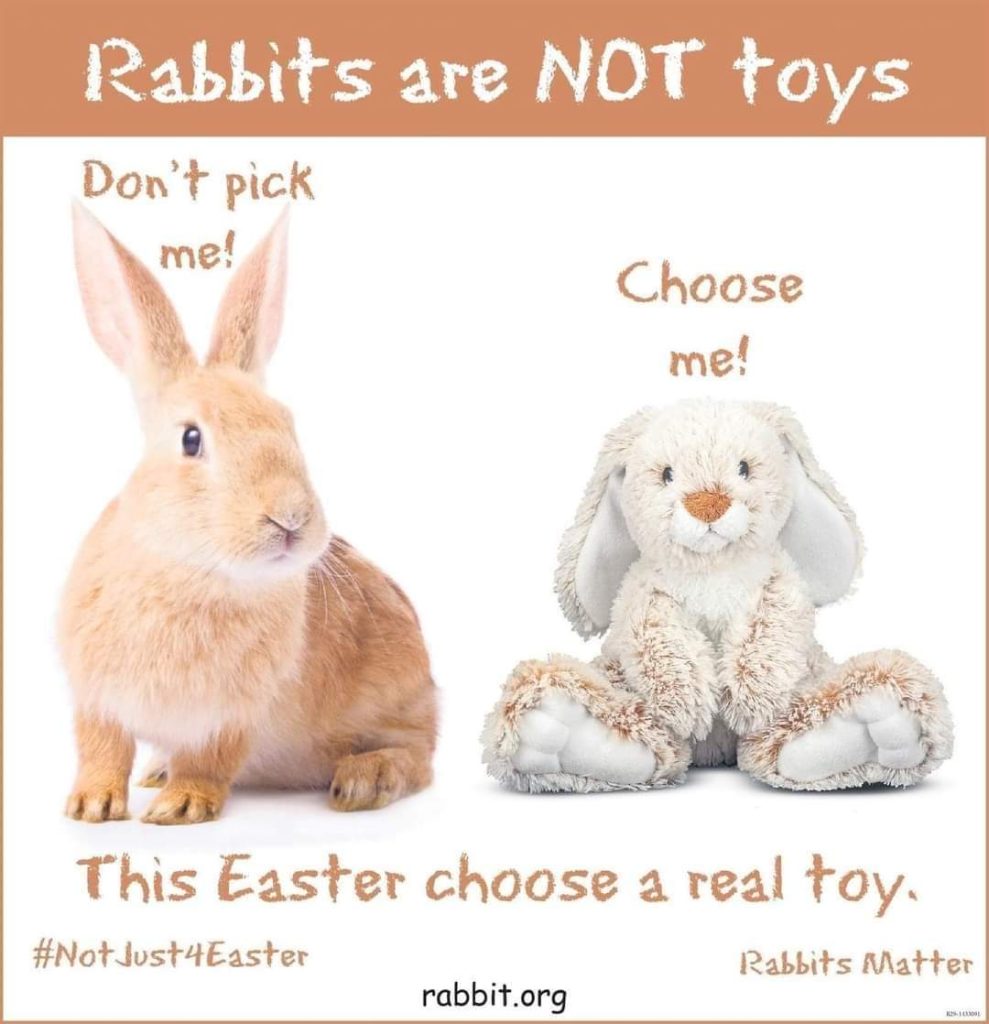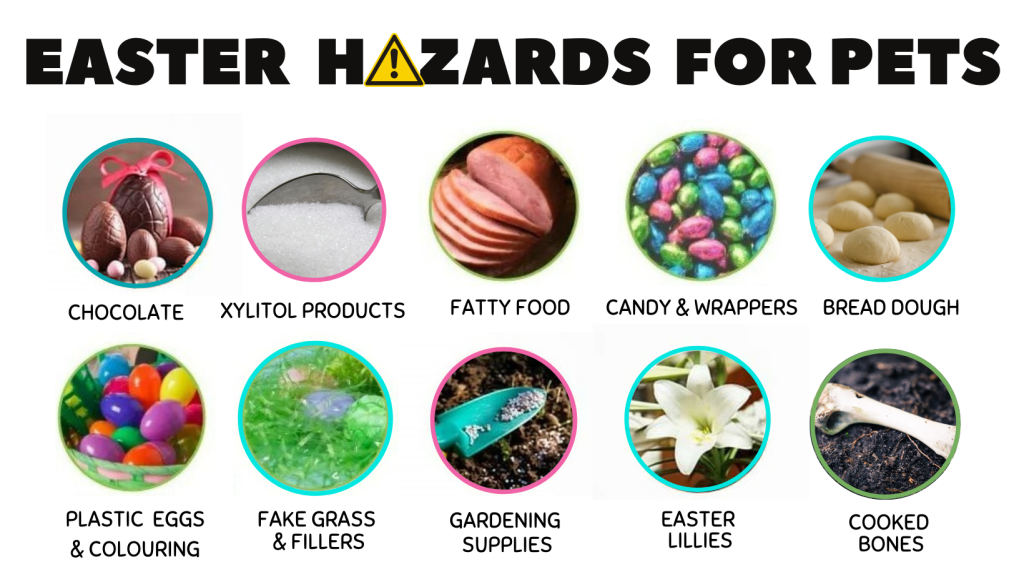
A WEEK AFTER EASTER, THE CANDY WILL BE FORGOTTEN, BUT SADLY SO WILL THE RABBIT.
Easter is around the corner and with Easter comes family gatherings, chocolate, Easter egg hunts and gifts. Please don’t use this occasion to give your children chicks and rabbits just because they asked for them and think that they look “cute.” Pet ownership is a huge commitment and responsibility and it’s not something that should be done on impulse.
Did you know that rabbits are some of the most popular pets after cats and dogs, but also one of the highest abandoned animals? 95% of rabbits gifted for an Easter gift don’t make it to their first birthday. Stuffed toys or a chocolate bunny is a way more ethical and safe option.
A rabbit that seems cute, can quickly turn into a mixture between a toddler going through their terrible twos and a puppy that is into everything. Now add the mood swings and hormones of a teenager and soon you will have something that is hard work and not so fun because you can’t meet their needs.
In addition, Easter, like every holiday, involves potential hazards for your pets, that every pet parent should be aware of, so make sure your pets avoid Easter goodies and decorations to avoid unexpected heartaches.

SOME BUNNY FACTS (Shared by Craig View Veterinary Clinic)
1) Rabbits can live more than 10 years, so this is a long commitment. They need food, water, hay, and regular medical care, including spaying and neutering and enrichment.
2) They’re not ideal pets for children – the curiosity and high energy of children are terrifying to most bunnies and because rabbits are prey animals they may take a long time before they tolerate being picked up.
3) When your children tire of the bunny, they cannot live “in the wild”. Domesticated rabbits usually last 1-2 days if left in a park or the woods before they suffer a terrible death from a predator or nearby traffic.
4) Rabbits’ teeth never stop growing, so they are always looking for something to chew on. Electrical cords look like roots. They will gnaw on furniture, shoes, rugs, drywall, skirtings and anything they can reach.
5) As prey animals, they are genetically programmed to maintain a normal appearance, even if they are very sick. They don’t whine like a dog or meow like a cat. They can become critically ill without you realizing it. You need to spend time observing and getting to know your bunny and their body language in order to detect the least deviation from “normal” and get him or her to a vet quickly!
6) Rabbits’ gestation period is 31 to 33 days and that they can fall pregnant within a few days after giving birth – they can reproduce hundreds of offspring within just a few years.
7) A balanced diet is imperative and the illusion that bunnies require only carrots is misleading – a variety of vegetables, hay and even herbs is vital to a healthy diet.
Also read about the handling of rabbits here.
If you have a rabbit already, please make sure that you choose your veterinarian carefully because not all vets are qualified to treat them. You need an exotic pet vet and even better, one that specializes in rabbits.

WHY GIVING A BUNNY (OR ANY ANIMAL) AS A GIFT IS A TERRIBLE IDEA!
- Animals are not and should never be seen as commodities. They are sentient beings and not disposable toys. Giving them as gifts sends the wrong message and is usually an impulse buy.
- Animals are not gifts; they are many years of commitment.
- Children’s attention span will fit better with a stuffed toy than with a sentient being whose needs should be a priority. Children lose interest quickly.
- Tragically, many of the rabbits are abandoned in the weeks after Easter, once families begin to realize that caring for a rabbit is a major commitment. Many end up dead, abandoned, dumped on already overwhelmed shelters, or end up confined in outdoor hutches, before their first birthday.
- Caring properly for a rabbit is complex. In general, rabbits need appropriate housing, exercise, socialization and a specific diet for good welfare. Rabbits are high-maintenance pets with many specific physical and emotional needs. It is not an ideal pet for kids! Rabbits may suffer from boredom and depression if they are kept in cages, so they need many hours of free-roaming time and mental stimulation every day in a spacious, rabbit-proof area. Rabbits also require a diet rich in hay and fresh vegetables. Some breeds of rabbits, particularly the longer-haired rabbits, may require daily grooming. You must understand their physical, dietary and social requirements, including the fact that most bunnies need friends, before getting them!

EASTER PET HAZARDS (by Dr. Karen Becker)
- Chocolate goodies
Dogs are much more often the victims of chocolate poisoning than cats because dogs like sweet-tasting things, and they’re indiscriminate eaters. Both theobromine and caffeine stimulate the central nervous system and heart muscles. They also relax smooth muscles, especially the bronchial muscles, and increase the production of urine by the kidneys. Even small amounts of chocolate can cause adverse reactions in pets, and the darker the chocolate, the more theobromine it contains.
- Easter candy, baked goods and other products containing xylitol
Sadly, xylitol poisoning in dogs is reaching epidemic proportions. Just a few years ago, xylitol could be found in less than a hundred products, but today it can be found in a wide range of products. Xylitol is a sweetener that is highly toxic to dogs. Xylitol is used to sweeten a wide range of products, including sugar-free gum and mints, nicotine gum, chewable vitamins, certain prescription drugs, dental hygiene products and baked goods. It can also be purchased in granulated form as a sugar replacement to sweeten beverages, cereals and other foods.
- Easter basket grass and other fillers
The plastic grass used in Easter baskets can look tasty to pets, but it can’t be absorbed into their bodies. This means it can become lodged at any point along the gastrointestinal (GI) tract and create serious problems. If the grass is a staple in your Easter baskets, consider substituting paper grass or tissue paper.
Plastic eggs, foil wrappings and Easter toys can also be attractive to pets, so be sure to keep Easter baskets and their contents well out of the reach of your dog or cat.
If you hide hardboiled eggs in your house or yard for the kiddos to find, be sure to keep track of how many you hide and how many are found. You don’t want your pet to discover a rotten egg in a few weeks or months and eat it.
Also, keep in mind that plastic eggs can easily be cracked and produce small sharp shards that can cause injury if your pet swallows them.
If you dye your Easter eggs, make sure to use non-toxic food colouring.
- Easter lilies
A variety of lilies can potentially be toxic/deadly to pets, especially cats, but dogs too. Nontoxic varieties of lilies include the Calla, Peace and Peruvian. If a kitty swallows even a tiny amount of any portion of these plants, including the pollen, kidney failure can result.
- Easter dinner
Most types of traditional holiday feasts for humans are entirely too fatty and otherwise problematic for dogs and cats. Easter dinners are no exception, especially when they include things like honey-glazed ham, scalloped potatoes, macaroni and cheese, bread, buns and desserts. Additional human foods to keep away from your pet due to their potential toxicity include onions, garlic, leeks and chives; grapes, raisins, sultanas and currants; and macadamia nuts. Cooked bones are also a no-no, along with alcohol.
- Easter gardening supplies
If you plan any yard work, be sure to avoid exposing your pet to chemical fertilizers, herbicides and pesticides. If you know or suspect your pet has eaten a potentially toxic substance, immediately contact your veterinarian!
Read last week’s article on dog body language here.
Do yourself, your bank account and the rescues who are all overwhelmed with unwanted pets a favour and ADOPT! Critter Rescue SA adopt their rabbits out sterilized, after performing a property check as well as supporting your family with sufficient information regarding housing and dietary requirements.
Please do your homework before getting any pets! If you can’t commit to their whole life, then please do not get them. Keep your pet’s safety in mind this Easter and have a blessed one with loved ones.
Next week we will look back on many of the posts in the last few weeks.
WHEN YOU KNOW BETTER, DO BETTER!